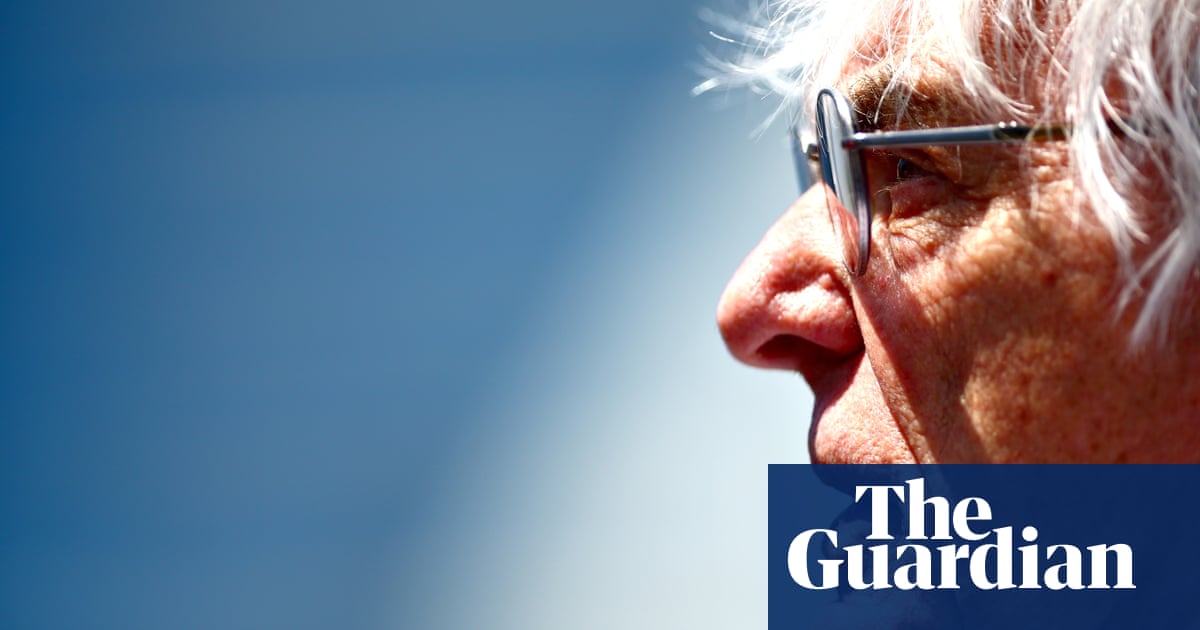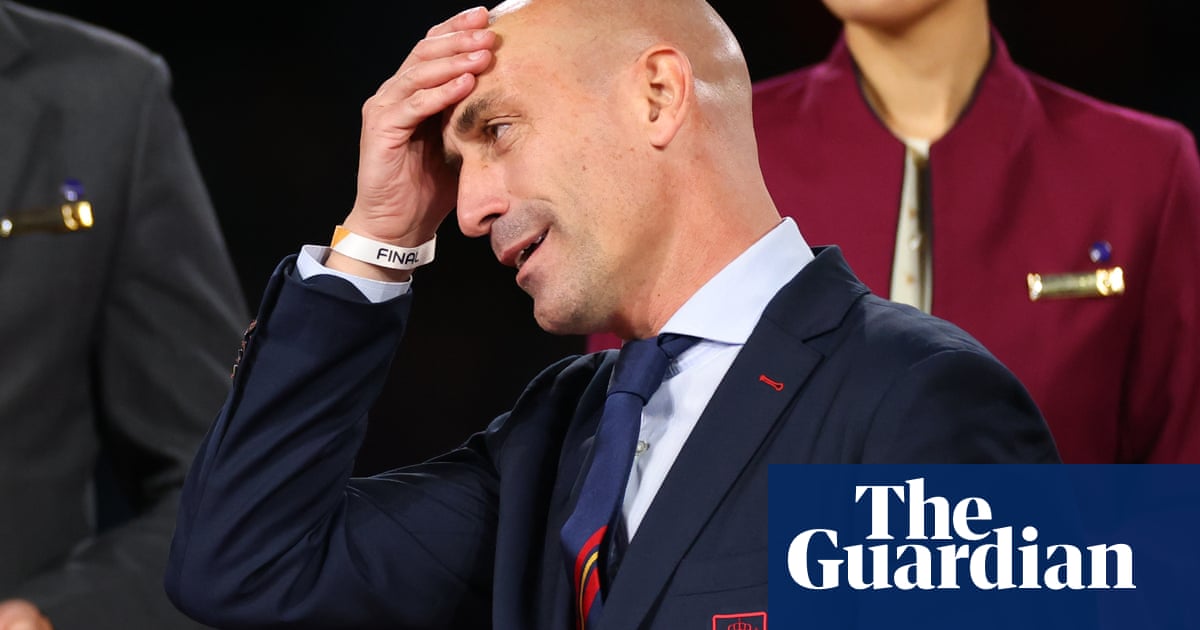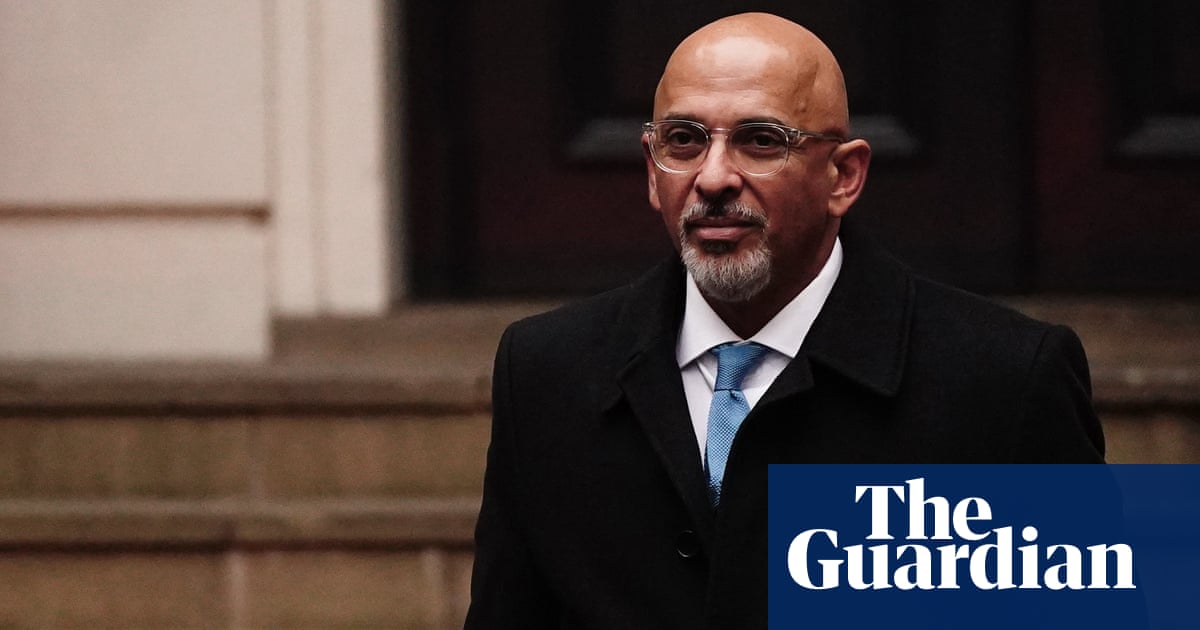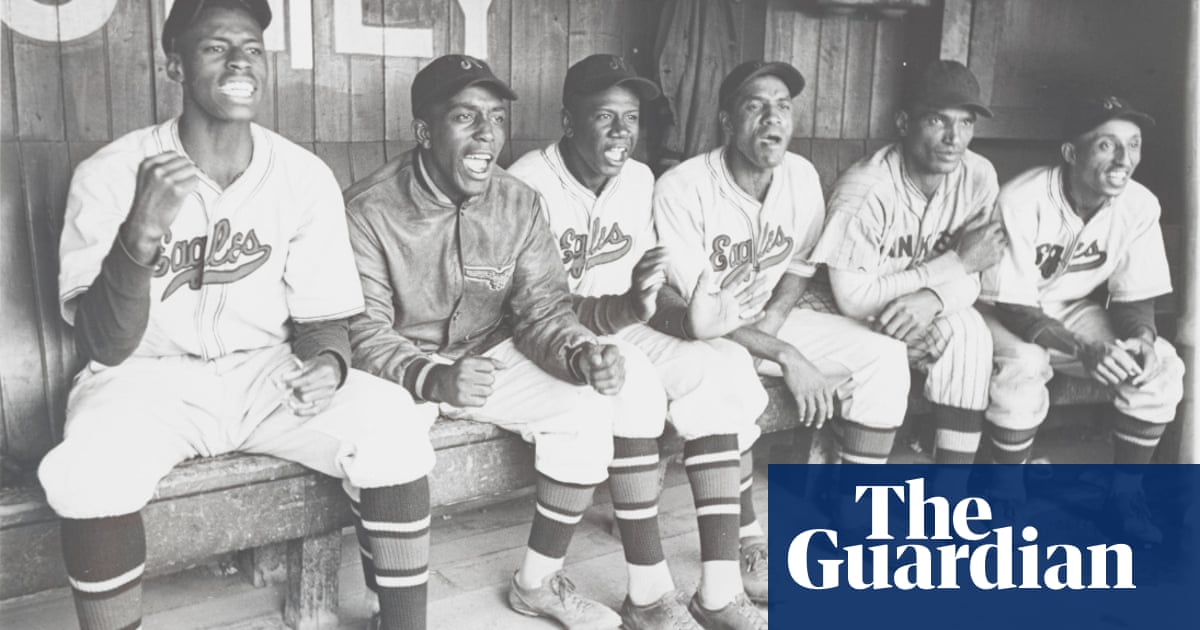
Bernie Ecclestone ran Formula One almost single-handedly for decades. There was not much other choice: the company’s headquarters in Kensington, London, only contained a handful of staff. The pinnacle of the motor sport business ran on handshakes and face-to-face negotiation.
Now that handshake approach appears to have been his downfall, after Ecclestone pleaded guilty to tax fraud at Southwark crown court in London on Thursday. After setting up a July 2015 meeting with HM Revenue and Customs to try to bring an end to an investigation into his finances, he lied to officials. Instead of ending his troubles, his answers that day have resulted in him receiving a 17-month custodial sentence, suspended for two years.
Ecclestone will also have to pay HMRC £652.6m, plus prosecution costs of £74,000, after he admitted to failing to declare £400m in assets to the UK tax authority.
After arriving at court, wearing a grey three-piece suit, Ecclestone, whose 93rd birthday is later this month, told the judge: “I plead guilty.”
It was a steep fall from grace for a man who commanded race paddocks – and sweetheart deals for special treatment from world leaders ranging from the UK’s Tony Blair to Russia’s Vladimir Putin – from the late 1970s until January 2017. That position made him one of the most prominent people in global motor sport. During that time, he grew Formula One into a prized global media asset while maintaining tight control of the commercial and sporting sides of the business.
Ecclestone’s rise started with a stint as owner of the Brabham racing team in the 1970s, when he realised that the amateurish spirit of the sport was masking its commercial potential. He brought together rival teams and managed to persuade them to sell the broadcasting rights to the sport as a bundle, bringing serious television money in for the first time.
Thirty years later, he gradually gave up financial control of the business, selling a stake to the US private equity firm CVC in 2005. CVC left Ecclestone – who always appeared to relish the dealmaking as much as the sport – to his own devices as the money rolled in. However, that changed when Liberty Media bought Formula One from CVC in 2017. Ecclestone, whose personal mode of doing business did not appear to fit with modern ideas of corporate governance, was removed shortly after the takeover.
Liberty has since aimed to draw back younger audiences – an approach Ecclestone in 2014 rejected because, he said, young people “can’t afford” Rolex watches. Liberty clearly thinks differently: it embraced social media, believing that increased exposure would lead to more viewers. It has also produced a hit Netflix documentary, Drive to Survive, that has played a big part in Formula One’s huge growth in popularity in the US, a feat Ecclestone never achieved.
Ecclestone has faced legal troubles before. In 2014, he agreed, without any admission of guilt, to pay £60m to bring an end to a bribery trial in Germany, and in 2022 he was arrested by Brazilian police for carrying a gun while boarding a private plane, before paying bail. HMRC had opened its investigation in 2012, the Crown Prosecution Service said.
The tax authority gave Ecclestone the chance to correct any mistakes in his tax and pay what was owed plus a penalty via a non-criminal process. However, he committed a crime during a meeting in July 2015 when he said he was not the settlor or beneficiary of any offshore trust in an interview with civil tax investigators.
“Information provided to HMRC by the authorities in Singapore showed Ecclestone had lied,” the CPS said. Ecclestone initially pleaded not guilty in August, but capitulated after “lengthy negotiations”.
Ecclestone has attended the occasional Formula One race since he was ousted, although his public profile has diminished – apart from him making increasingly bizarre statements criticising F1 and saying last year he would “take a bullet” for Putin after the Russian leader ordered the full-scale invasion of Ukraine.
Lawyers for Ecclestone had argued in hearings in the case that his age was catching up with him, and that he might not survive the shock of incarceration. The judge, Mr Justice Bryan, said he noted the “undoubted seriousness of your offending”, but said he had taken into account the low risk of reoffending and other factors such as Ecclestone’s age, his medical condition and the potential impact of a prison sentence on his young child.
Ecclestone faced one more media scrum on Thursday as he got into the back of a white Range Rover outside the court. Asked for comment on his sentence, his answer was too quiet to be heard.
Yet even with his reputation tarnished, the father of Formula One still has his freedom. After the hearing a Sunday Times journalist spotted him at a stall at London’s Borough Market, buying doughnuts.












